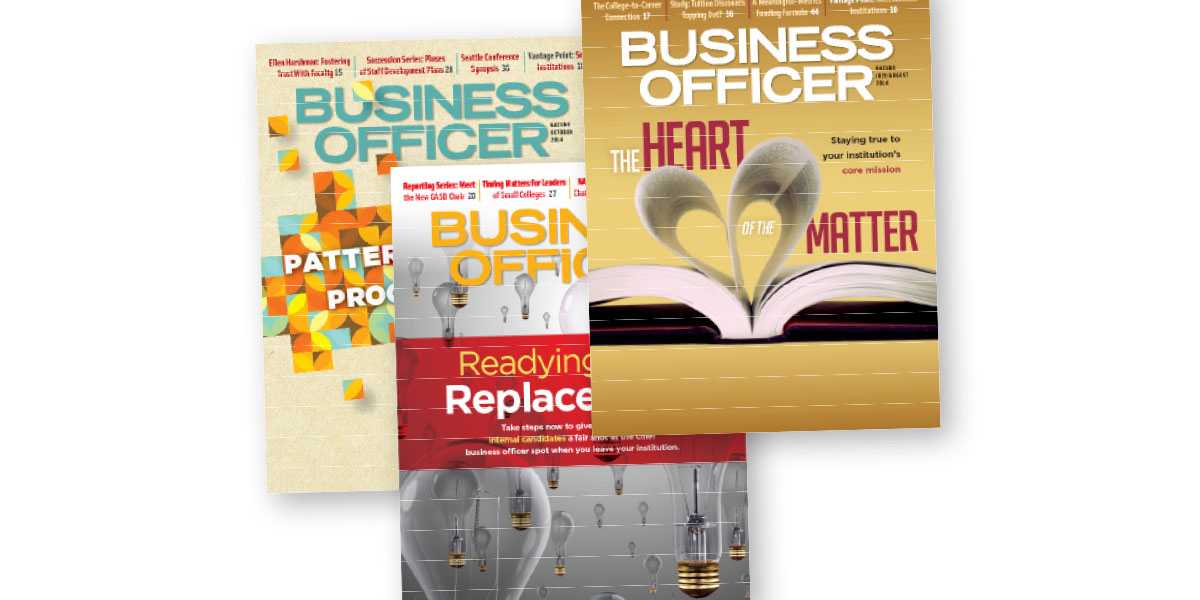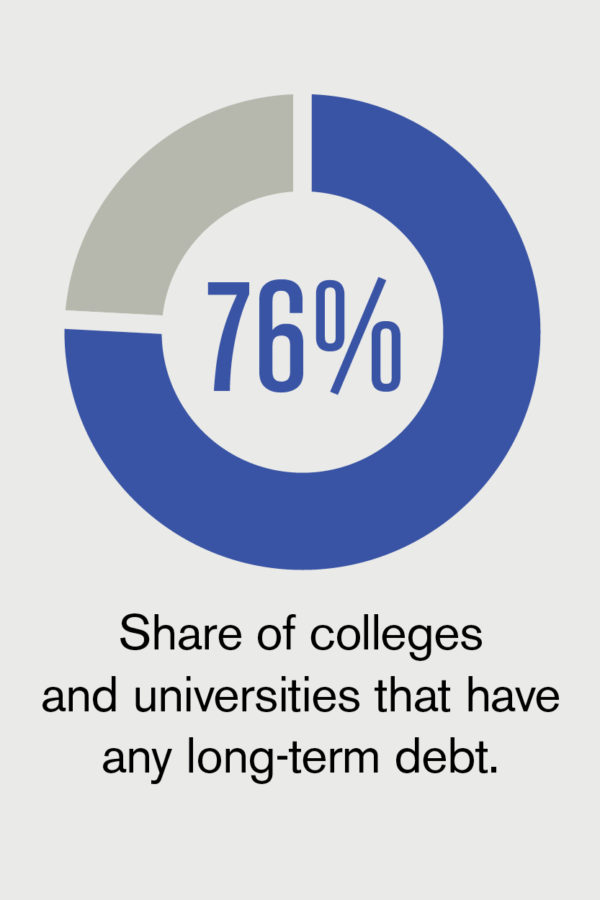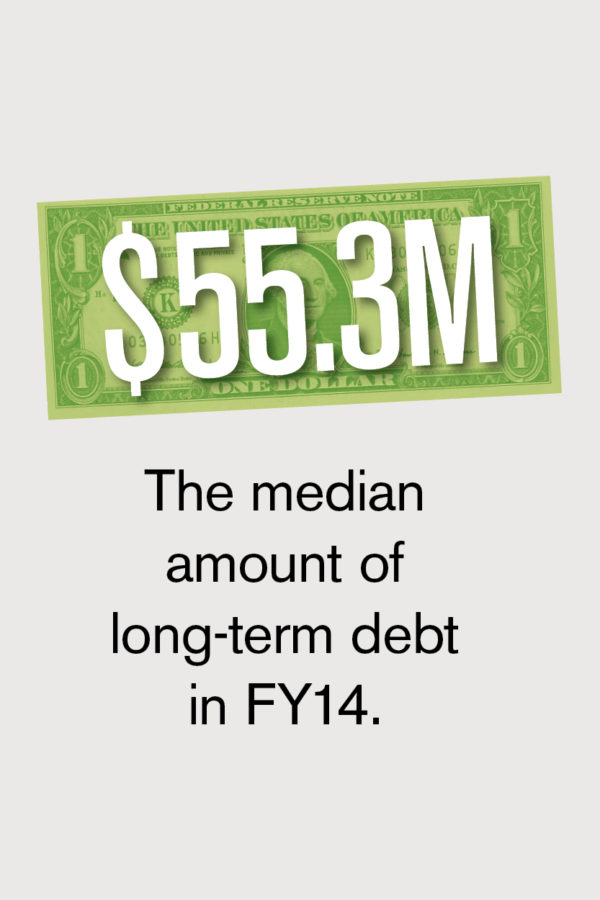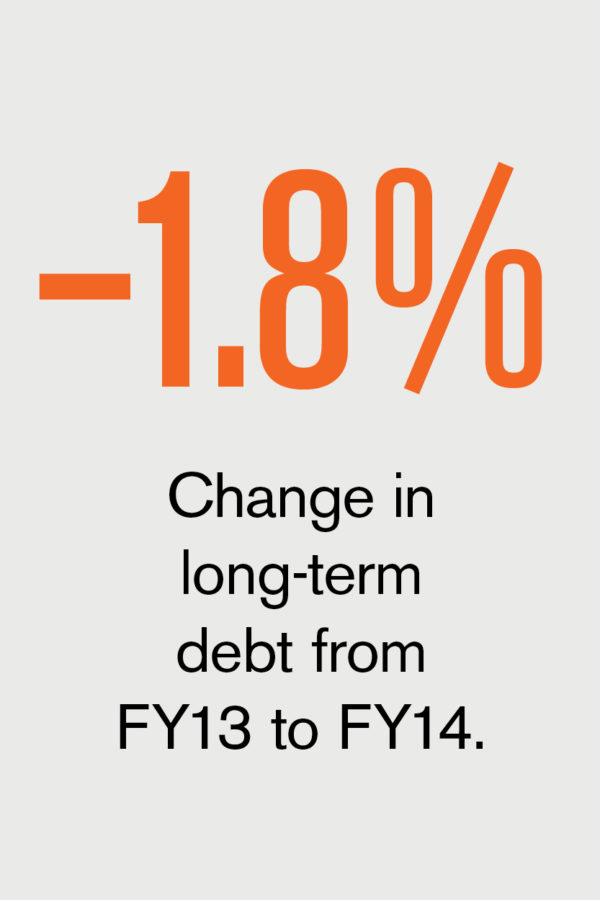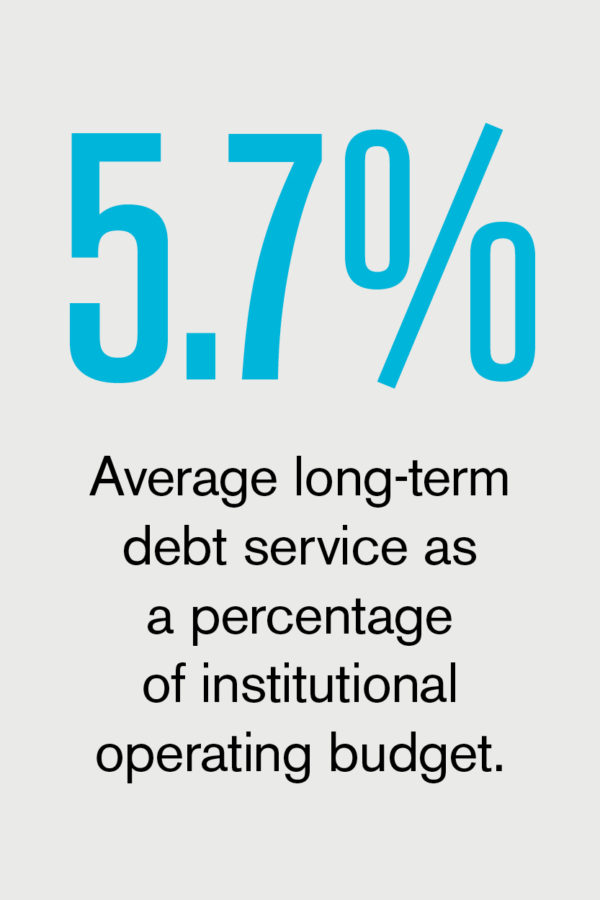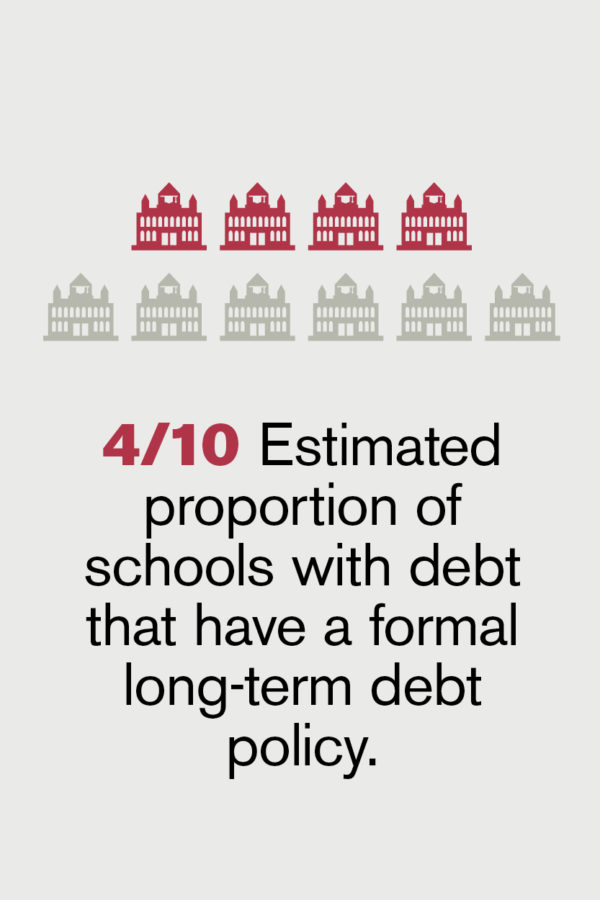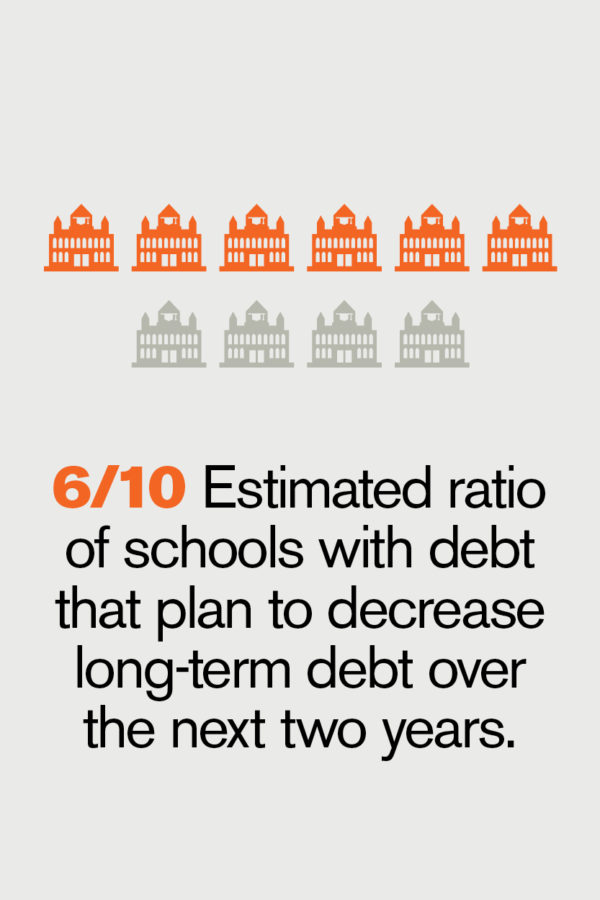There is a significant lack of diversity in the accounting profession, notes a study released last year by the Howard University School of Business Center for Accounting Education.
“Despite decades of intensive efforts, the accounting profession has not reached its diversity goals,” according to Attracting Underrepresented Minorities to the Accounting Profession: Insights Into Diversifying the Talent Pipeline. One reason, the report explains, is the misperceptions about accounting as a career. Studies suggest that young people, including underrepresented minorities, hold the profession in relatively low regard, do not understand what accountants do, and do not appreciate the career opportunities the profession offers.
“It turns out that this lack of esteem is widely shared by parents and educators, the two groups with the most influence on young people’s academic and career choices,” the study says. “Improving the quality of accounting curriculum and expanding internship and scholarship opportunities are essential elements in creating a new, meaningful perception of the accounting profession.”
A Growing Profession
The Howard study notes that the accounting profession is poised for significant growth. The U.S. Bureau of Labor Statistics projects a 16 percent increase in the number of accounting jobs between 2010 and 2020, while recent data from the American Institute of Certified Public Accountants (AICPA) indicates that the demand for new accounting graduates will be higher for 63 percent of CPA firms.
Digging deeper into the AICPA data shows that African Americans and Hispanics represent just 4 percent of all partners in the accounting profession, while Caucasians still hold approximately 75 percent of the professional positions in accounting, and 90 percent of the partnerships, the study says.
While it’s hard to say why relatively few young African Americans and Hispanics pursue careers in accounting, a number of studies suggest that the profession seems to have an image problem. People who have the most influence on young students—parents, teachers, and guidance counselors—don’t see accounting as an attractive career, the study notes.
Filling the Talent Pipeline
In order to tackle these challenges, the study recommends the creation of a “unified, nationwide program to generate interest in the profession, with a specific focus on high school students.” The Howard center has partnered with the American Institute of CPAs to establish a “Pipeline Working Group” to reach out to underrepresented minority students and their parents, teachers, and guidance counselors at high schools, community colleges, and universities.
Members of the working group include representatives from Deloitte; EY; KPMG; PwC; BDO; the National Association of Black Accountants Inc.; ALPFA Inc., the Association of Latino Professionals in America; and more.
The group has developed five initiatives to meet the challenges facing the accounting profession:
- Communication, marketing, and awareness. Create a national marketing campaign to appeal to students, parents, teachers, counselors, and administrators.
- School-based programs. Promote accounting as a high-value career choice, including business career academics, summer development programs, and community programs.
- Internships and career explanation opportunities. Provide high school and college students the means to become familiar with the accounting profession.
- Scholarships. Initiate programs that both increase the number of accounting scholarships available to minority students and that more widely publicize scholarships that already are available.
- CPA and other professional certifications. Create initiatives that help minority students earn their CPA and other professional certifications.
According to Teresa S. Polley, president and CEO, Financial Accounting Foundation, the pipeline initiatives represent a call to all in the profession to join a critically important conversation about the future. FAF has begun to hold conversations with Howard’s Center for Accounting Education and the AICPA about the role that FAF, the Financial Accounting Standards Board, the Governmental Accounting Standards Board, and other stakeholders can play in the development of the diversity pipeline initiatives.
RESOURCE LINK For more information about the study, go to www.howardcae.com.
SUBMITTED BY Preeti Vasishtha, deputy editor, Business Officer magazine.
The National Conference of State Legislatures (NCSL) is taking an in-depth look at the education reform agendas and strategies of other countries to explore potential systematic ways education can be improved in the United States.
NCSL appointed a bipartisan study group of 28 legislators and six legislative staff members who have expertise, experience, and interest in this topic.
The group, which met twice last year, is working with some of the top national and international experts, conducting research to better understand strategies and circumstances of the top-performing countries.
Discussions will lead to emerging themes that can be important for the United States. The group is also working with the National Center on Education and the Economy in this effort.
To start identifying strategies that have potential for improving U.S. education efforts, the study group will explore several questions, including:
- What is working in other countries and why?
- What can the United States learn from these experiences?
- What is unique to these countries?
- What fundamental principles support reform in successful countries and are relevant for the United States?
- What are opportunities and roadblocks for the United States in pursuing education reform?
Study group members recently returned from a two-week trip to China. During visits to Beijing and Shanghai, the group toured schools and met with scholars and Chinese officials to learn about education policy and initiatives in China.
The group is planning other educational trips and opportunities to meet with reformers in countries such as Singapore, Finland, Canada, and Poland.
RESOURCE LINK For more information, go to www.ncsl.org.
Dartmouth President and NACUBO board member Phil Hanlon recently introduced his Moving Dartmouth Forward plan to address high-risk behavior on campus and create a safe and inclusive environment for students at Dartmouth College, Hanover, N.H.
The plan has at its core a new housing model in which student communities will include a cluster of residence halls as a home base. Along with other reforms, Dartmouth aims to lead nationally by eliminating hard liquor from campus. Under Hanlon’s plan, hard alcohol will no longer be served at events open to the public, and penalties will increase for underage students found in possession of such beverages.
Other initiatives include a four-year mandatory sexual violence prevention and education program for students; comprehensive sexual assault training for faculty and staff; an increased presence of faculty and other mature influences in the lives of students; a comprehensive code of conduct for all students; and the new housing model.
As part of the effort to increase accountability, Dartmouth will reinforce the rules for student groups—including Greek organizations—and hold all groups to higher standards than ever before. Organizations that choose not to live up to these higher standards will not be part of the Dartmouth community.
To ensure accountability and adherence to the new plan, Hanlon announced the formation of an external review panel chaired by Tufts President Emeritus Larry Bacow. Dartmouth plans to regularly reevaluate and retool the plan.
Business Officer’s Business Intel department offers increased publishing opportunities for ideas and initiatives your college or university is exploring. Send us a brief description of a project, product, process, or repositioning plan that is working or gaining traction on your campus. Don’t hesitate to include insightful professional development tips your colleagues and peers may find useful.
Here are a few topics you might consider writing about:
- Effective collaborations or shared services.
- Succession plans for the institution as well as for your division or department.
- Human resources initiatives that support faculty, staff, and students.
- A conference or professional development idea that you were able to bring back and implement on campus.
- A book that you’ve found particularly helpful.
Send your ideas to editor@nacubo.org, and you may see them in print!
Individuals with more student debt reported lower levels of psychological health, when other things are held constant, including occupation, income, education, and family wealth.
— Brookings Institution, February 2015
Fast Fact
Ways to Improve Student Loan Servicing
A large amount of misinformation and miscommunication between borrowers and the student loan servicers that collect their monthly payments can lead to confusion; misunderstanding; and, potentially, missed payments or default. So notes a report released by the National Association of Student Financial Aid Administrators in partnership with the National Direct Student Loan Coalition. The report recommends that the Department of Education take these six steps to improve student loan servicing for borrowers: develop a central loan portal where students can manage all their loans; remove servicer branding from communication with borrowers; provide student borrowers standard consumer protections that are in line with other consumer financial products; permit the use of innovative technologies in order to allow servicers to more efficiently and effectively communicate with borrowers; incorporate the regulatory requirements of entrance and exit counseling into ED’s Financial Awareness Counseling Tool; and develop a policies and procedures manual for loan servicing.
Charitable Giving Grows
In 2014, overall charitable giving in the United States increased 2.1 percent on a year-over-year basis, according to BlackBaud’s Charitable Giving Report: How Nonprofit Fundraising Performed in 2014. Overall giving grew for the third consecutive year, pointing to continued fundraising recovery in the nonprofit sector. Online giving also grew in 2014 by 8.9 percent, and this growth is on top of 13.5 percent year-over-year growth in 2013.
![]()
By The Numbers
Long-term Institutional Debt, FY14
Sources: NACUBO and Commonfund Institute, and the 2013 and 2014 NACUBO Commonfund Study of Endowments



